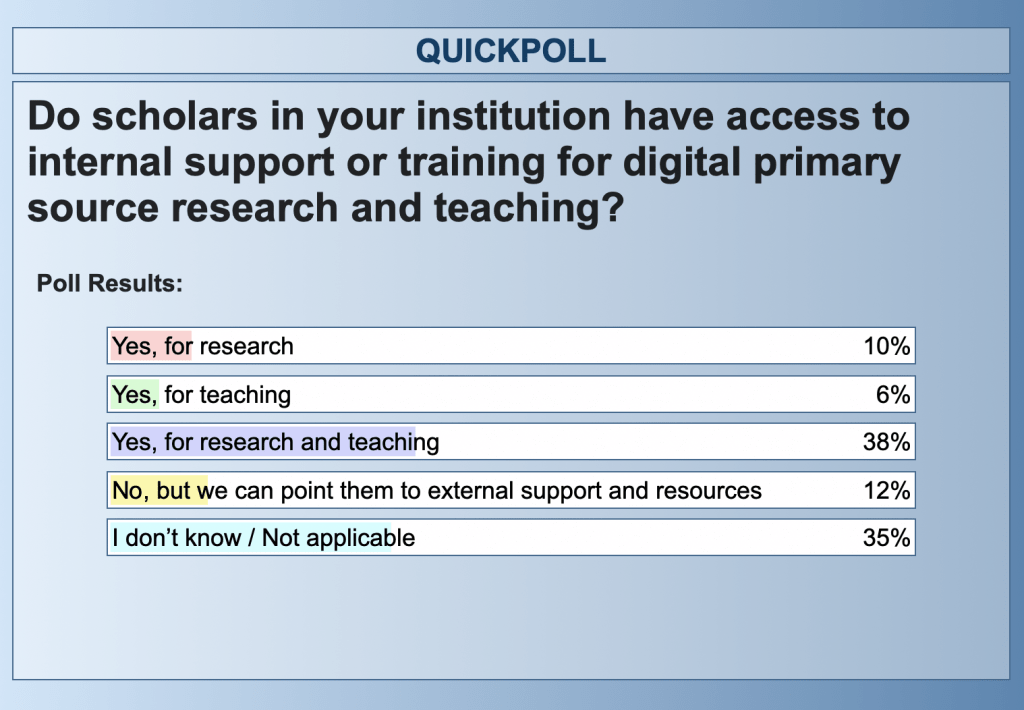Death threats, ghost researchers and sock puppets: Inside the weird, wild world of dodgy academic research
https://www.abc.net.au/news/2022-01-31/on-the-trail-of-dodgy-academic-research/100788052
More than 46 of Shadi Riahi’s publications with Dr Nazari have now been retracted for plagiarism, duplication of data and forged authorship.
“People try and fake everything,” said Ivan Oransky, who has spent years researching scientific misconduct on his blog Retraction Watch.
investigative journalist Brian Deer, who discovered Dr Wakefield had multiple undisclosed conflicts of interest and that the study of just 12 children had been rigged.
But the damage had already been done.
Vaccination rates in the United Kingdom hit a low of 80 per cent in the early 2000s, leaving children unprotected from serious diseases. The repercussions are still being felt today, with Dr Wakefield being hailed as a hero by vaccine sceptics.
++++++++++++++
more on peer reviewed fake papers in this IMS blog
https://blog.stcloudstate.edu/ims?s=china+peer+review
More than 300 scientists have told Mark Zuckerberg they want access to Meta’s internal research on child and teen mental health because it doesn’t meet scientific standards
https://www.businessinsider.com/mark-zuckerberg-meta-open-letter-kids-mental-health-300-scientists-2021-12
The letter concludes by asking Meta to create an independent oversight trust that would monitor and study adolescent and child mental health.
Instagram CEO Adam Mosseri is due to testify before Congress about children’s safety on the platform Tuesday.
a Forrester survey of 4,602 Americans aged 12 to 17, published last month, found that 63% of respondents used TikTok on a weekly basis compared with 57% for Instagram. It also found 72% of respondents used YouTube weekly. It did not mention Facebook.
ExLibris Report: “Exploring the Challenges of Researchers and Research Offices”
- COVID-19 has affected research funding significantly, with STEM fields seeing an increase in funding, while in the humanities, social sciences, and arts, funding is declining.
- Funding remains a key challenge for researchers.
- The showcasing of research and expertise is increasing in importance
- Research office members and researchers differ in the way in which they measure research impact.
- The administrative burden on researchers continues to be a major challenge. Seven out of 10 researchers spend at least 30% of their time on administrative tasks. The core expertise of libraries and research offices is still underutilized.
- Interdisciplinary collaboration is high on researchers’ agenda, with 37% of researchers saying that most or all of their work involves interdisciplinary collaboration. This figure aligns somewhat with research office priorities; 25% of research office leaders stated that promoting interdisciplinary collaboration is a priority.
- Researchers expect more from their library than in 2020. Although 61% of researchers expressed satisfaction with the support they receive from their institution’s library, they expect more assistance than in 2020, especially with data-related services and services such as publication depositing.
- Collaboration between research offices and libraries has risen in 2021.
+++++++++++++
More on academic research in this blog
https://blog.stcloudstate.edu/ims?s=Academic+research
The Qualitative Landscape of Information Literacy Research: Perspectives, Methods and Techniques
Annemaree Lloyd
https://www.alastore.ala.org/infolitresearch?_zs=HxthW1&_zl=7kkv7
- situating information literacy research;
- informing information literacy research;
- framing information literacy pedagogy;
- qualitative methods;
- quantitative and mixed method approaches;
- data collection;
- planning for research; and
- evaluating information literacy research.
+++++++++++++++++++++++
more on information literacy in this IMS blog
https://blog.stcloudstate.edu/ims?s=information+literacy
++++++++++++++++++++
more on fake news in this IMS blog
https://blog.stcloudstate.edu/ims?s=fake+news
The dark side of education research: widespread bias
Johns Hopkins study finds that insider research shows 70 percent more benefits to students than independent research
https://hechingerreport.org/the-dark-side-of-education-research-widespread-bias/
The study, “Do Developer-Commissioned Evaluations Inflate Effect Sizes?”
There are a number of reasons for why developer studies tend to show stronger results, according to Wolf, whose full time work is to evaluate educational programs. The first is that a company is unlikely to publish unfavorable results. Wolf speculates that developers are more likely to “brand a failed trial a ‘pilot’ and file it away.”
This isn’t the first study to detect bias in education research. The problem of hiding unfavorable results from publication was documented as far back as 1995. In 2016, one of Wolf’s co-authors, Robert Slavin, wrote about the positive results that researchers get when they devise their own measures to prove that their inventions work.
Why do Americans share so much fake news? One big reason is they aren’t paying attention, new research suggests
a new study in Nature
Lack of attention was the driving factor behind 51.2% of misinformation sharing among social media users who participated in an experiment conducted by a group of researchers from MIT, the University of Regina in Canada, University of Exeter Business School in the United Kingdom and Center for Research and Teaching in Economics in Mexico.
++++++++++++++++++
more on fake news in this IMS blog
https://blog.stcloudstate.edu/ims?s=fake+news
UKSG webinar – The importance and use of digital primary sources in teaching and research
#UKSGWebinar
poll: do scholars in your institution have access to internal support or training for digital primary source research and teaching

 Peter Foster with Wiley, facilitator
Peter Foster with Wiley, facilitator
Hugh Murphy, Head of Collections and Content, Maynooth Univesity Library, Ireland
@hughtweet
what is a primary source.
Functionality (ability to access)
U collections as part of a larger U ecosystem. Conceptional change for Special Collections
Teaching Learning and Research: “digitally-enabled and technology-supported learning” – strategic planning
Research: digital humanties dhlag.yale.edu/project/vogue
Open Access (publishers ARE business). For a small country (university), how much will a publisher pay attention? Will a standard pay attention to OCR a 16th century document.
Sarah Evans, Research and Collections Engagement Manager, Royal Geographical Society with IBG
https://www.rgs.org/about/our-collections/
Collaborative Doctoral Program
WDA Research Fellowships
Kathryin Simpson, Lecturer in Information Studies, U of Glasgow
Hidden Voices: Using the digital archive to critically negotiate histories
digital environment is not just a PDF, but a whole new environment.
record open and accessible by these docs from Africa
Q&A: does the access to primary sources demand different approach to critical thinking.

 Peter Foster with Wiley, facilitator
Peter Foster with Wiley, facilitator